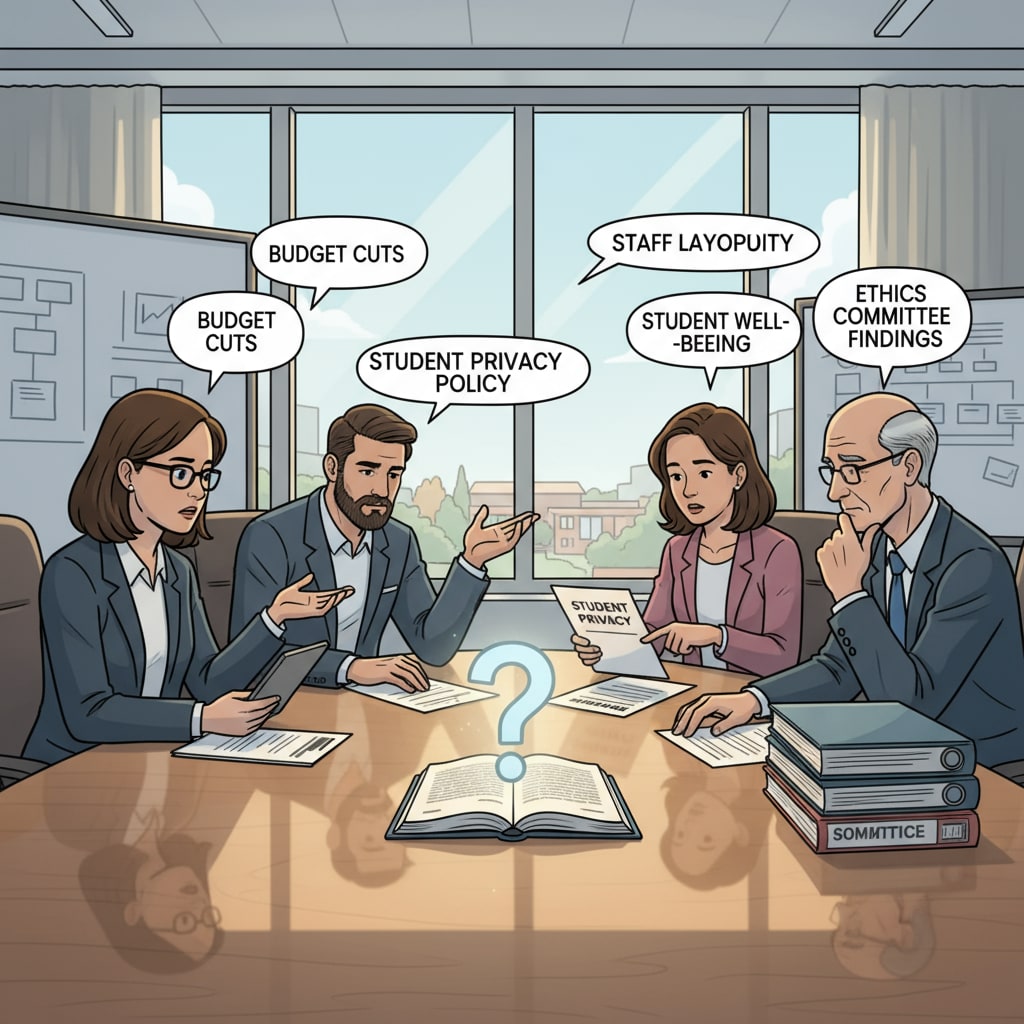In the realm of educational management, K12 administrators often encounter complex ethical dilemmas that require sound leadership decisions. These situations can be challenging, as they involve balancing various interests and values. For example, an administrator might face a situation where a teacher is suspected of unethical behavior, and the decision on how to handle it impacts not only the teacher but also the students, parents, and the overall school environment.

Ethical dilemmas in education are not uncommon, and understanding how to navigate them is crucial for effective educational leadership. According to ASCD’s educational leadership resources, leaders must be prepared to make tough choices that uphold moral and professional standards.
The Landscape of Ethical Dilemmas in K12 Education
K12 educational settings present a unique set of ethical challenges. One common dilemma is related to student privacy. Administrators may need to access student records in certain situations, but they must also ensure that the privacy rights of the students are protected. Another aspect is fairness in resource allocation. With limited resources, decisions on how to distribute funds, teaching materials, and educational opportunities among different classes, grades, or student groups can be morally complex. For instance, should a school prioritize funding for advanced academic programs or for remedial support? Such decisions require careful consideration of the educational needs of all students. The NEA’s ethical standards for educators provide some guidance in these matters.

Strategies for Making Sound Leadership Decisions
When faced with ethical dilemmas, K12 administrators can employ several strategies. First, they should gather all relevant information. This includes understanding the context, the parties involved, and the potential consequences of different actions. Second, consulting with a diverse group of stakeholders such as teachers, parents, and students can offer different perspectives. Third, referring to established ethical guidelines and school policies can provide a framework for decision-making. For example, if a school has a clear policy on handling teacher misconduct, the administrator can follow the steps outlined in the policy while also considering the unique aspects of the situation. In addition, administrators should always keep the best interests of the students at the forefront of their decisions. This means ensuring that any action taken promotes the educational and personal development of the students.
In conclusion, ethical dilemmas are an inevitable part of K12 educational management. By being aware of the common challenges, gathering information, consulting stakeholders, and following ethical guidelines, administrators can make informed leadership decisions. These decisions not only resolve immediate issues but also contribute to creating a positive and ethical educational environment for all.

Readability guidance: Short paragraphs and lists are used to summarize key points. Each H2 section tries to provide a list. The proportion of passive voice and long sentences is controlled. Transition words are scattered throughout the text for better flow.


